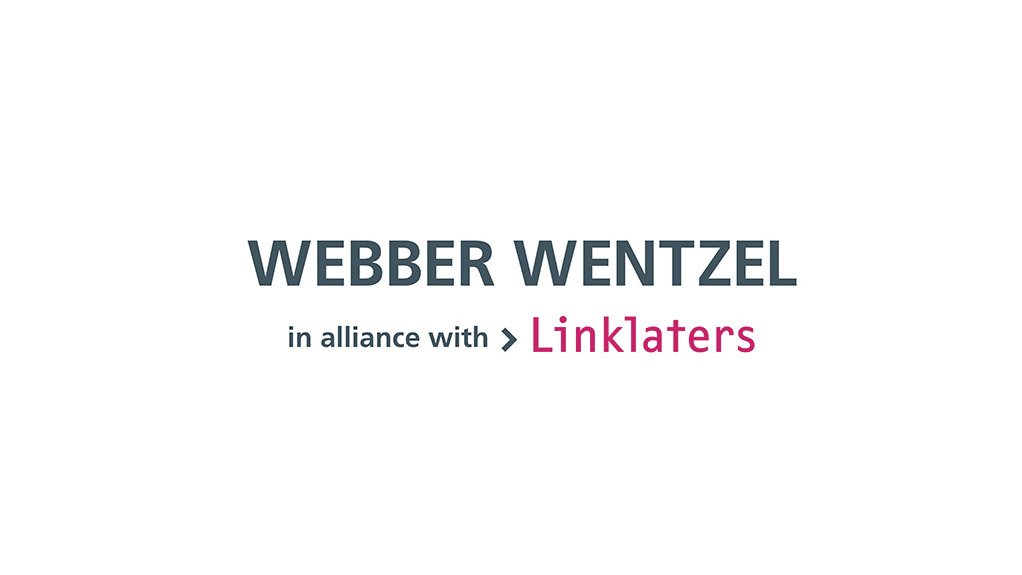The proposal to tax the sugar content of beverages first came to light in the 2016 Budget. On 5 December 2017, after 18 months of debate, Parliament adopted the tax on sugary beverages (Sugar Tax), which is expected to commence on 1 April 2018.
South Africa is the first African country to adopt a sugar tax and follows the lead of several other countries including Portugal, Mexico, Thailand and Saudi Arabia.
Simply stated, a Sugar Tax of 2.1 cents per gram of sugar will be levied on all sweetened beverages, with the first 4 grams per 100 millilitres being exempt. Practically, this means that the price of your preferred sugary beverage will increase by approximately 11%.
The Sugar Tax is regarded as a duty at source and is payable in addition to any prescribed duties. New rules, in terms of the Customs and Excise Act, 1964 have been drafted to assist with implementing the Sugar Tax.
The South African Sugar Association (SASA) has stated that 3129 jobs are immediately in jeopardy as a result of the Sugar Tax with small-scale growers likely to go out of production first. Moreover, SASA predicts that 20 000 direct jobs in coastal production regions could be shed in the next five to seven years as a result of the Sugar Tax. This is undesirable in a country where the unemployment rate is at 27.7%, a 13 year high.
Given that tax revenue, as described in the Medium Term Budget Policy Statements, is projected to fall short of the 2017 Budget estimate by ZAR 50.8 billion (the largest under-collection since 2009) and that President Jacob Zuma recently tasked the Minister of Finance and Presidential Fiscal Committee to find ways to add ZAR 15 billion to the nation's revenue, it may be inaccurate to state that the primary reason for imposing the Sugar Tax is to curb the spread of non-communicable diseases, such as diabetes, in South Africa. What the proceeds of the Sugar Tax are ultimately used for will be telling in this regard. Moreover, as South Africa lacks a meaningful duty on imported sugar, the Sugar Tax may leave a sour economic after-taste rather than result in a healthier population.
Written By Joon Chong, Partner and Wesley Grimm, Candidate Attorney at Webber Wentzel
EMAIL THIS ARTICLE SAVE THIS ARTICLE ARTICLE ENQUIRY
To subscribe email subscriptions@creamermedia.co.za or click here
To advertise email advertising@creamermedia.co.za or click here











